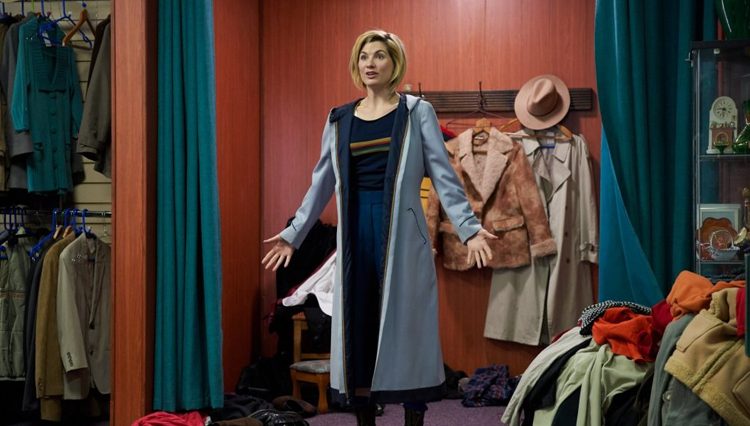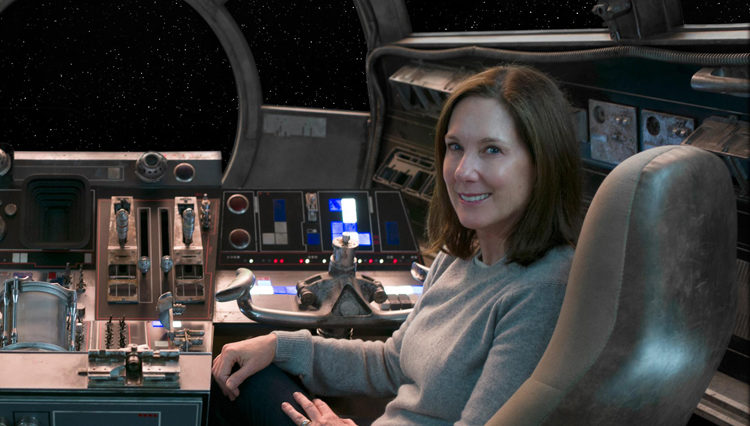“I believe in coincidences. Coincidences happen every day. But I don’t trust coincidences.”
There are two ideas at play in “Cardassians,” an early second-season episode of Star Trek: Deep Space Nine. One idea is that an individual must bear the scars of prejudice for historic injustices committed by the race to which he belongs. The other idea is that an individual must hate who and what he is for belonging to a race that committed those historic injustices.
Maybe it was because I was a kid when I first saw the episode, but I didn’t tie those ideas together. It was the early ’90s when we started to see political correctness infiltrate popular culture. People did begin to develop filters for their speech while amplifying their emotional awareness, but it wasn’t nearly as ominous and all-encompassing as it is today in this new world of self-flagellation and “woke” superiority.
Should a child be punished for his heritage? Should a child be made to hate himself because of his heritage? I can’t believe I skated right over this episode when, in 2021, the topic is so fresh and juicy! Garak (Andrew J. Robinson) had only made one appearance on Deep Space Nine up to this point: the second episode in regular production, “Past Prologue,” where he clued in Sisko and Bashir to the criminal activities of evil Klingon sisters Lursa and B’Etor on the station.
After that, he disappeared until this episode, where he is seen having another pleasant lunch with Bashir. Garak chances upon an interesting sight: that of a Cardassian boy with an older Bajoran man. When Garak greets them, the boy attacks him. The Bajoran man claims to be his father. When the Cardassian military was forced to flee Bajor after the end of the occupation, many children were left behind and were identified as “war orphans.”
Some were adopted, like the young man, Rugal, while others were placed in orphanages (which resemble upscale concentration camps). Odo, Sisko, and Bashir (with Garak) conduct independent investigations. Sisko negotiates Gul Dukat’s sudden interest in the plight of the war orphans. Odo looks into the background of the Bajoran man. Bashir and Garak go to a Bajoran orphanage to find information about Rugal.
Meanwhile, the boy stays with the O’Briens. You know, right away, this isn’t going to be good for the Chief (Colm Meaney), who spent most of his adult life hating and killing Cardassians. Luckily, Keiko (Rosalind Chao) is there to set him straight. She has no ill will toward Cardassians and she won’t tolerate any bigotry in her house. “Cardassians,” like Next Generation’s “The Wounded” episode that introduced the aliens to the franchise, dares to reveal the complexities of their race.
While viewed as analogous to Nazis, those that rested without military minds and motivations, saw the occupation as a dark time of violence and cruelty. On Deep Space Nine, we tend to get only one side of the argument in the form of Gul Dukat (Marc Alaimo), who sees the occupation as brutal, but necessary. In this episode, we have civilians grappling with the hatred their military incursions have caused.
Garak and Bashir visit an orphanage where they come upon several traumatized Cardassian children who only want to go home. One of the administrators stares daggers at Garak, and you can’t help but feel for these children. They were abandoned and Bajorans were forced to care for them. They are unwanted on Cardassia because family is viewed as a complete unit that involves a mother, a father, and children. If there are no parents, there is no family, thus Cardassia views these children as aberrations.
Garak discovers Rugal was removed from his home, separated from his father, Pa’Dar (Soap’s Robert Mandan in a rare dramatic turn), a high-ranking military official and, not coincidentally, a chief rival of Gul Dukat, and taken to the orphanage by a Cardassian military officer. Bashir, through questioning of Dukat, reveals that Dukat used the child to discredit Pa’Dar. Rugal was nothing more than a political chess piece.
In the end, Sisko (as arbiter in this dispute) agrees to award custody of Rugal to Pa’Dar, in essence, returning the boy to a place and people he was taught to hate. Star Trek works best when there are no easy answers. “Cardassians” is an astonishing episode that, as I said, could be easily brushed over in the early ’90s run of Star Trek, but cannot be ignored today.
Star Trek Rewind explores the Star Trek universe. From Archer to Janeway, Kirk to Picard, and Georgiou to Sisko — boldly read what no one has read before!






